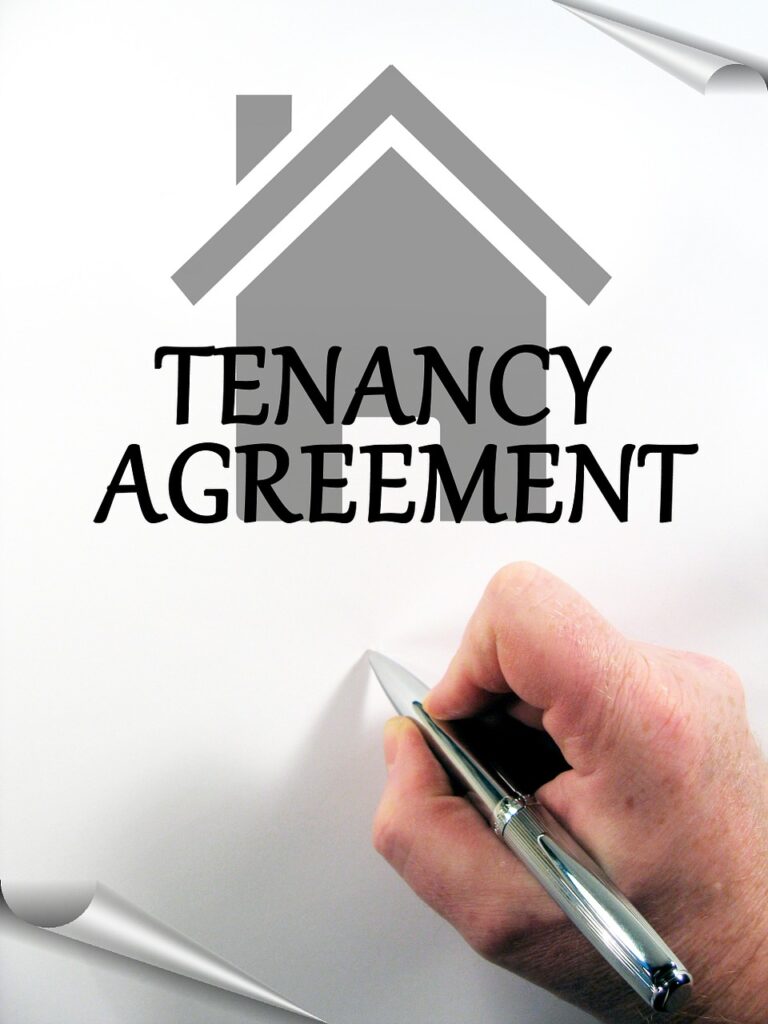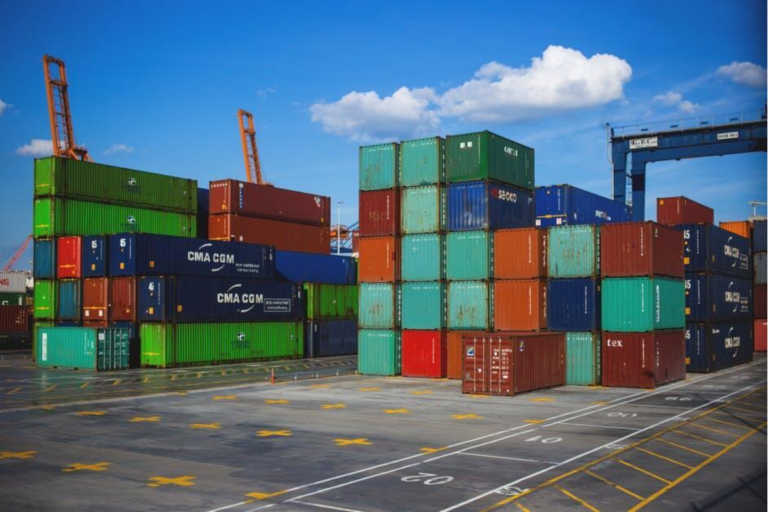Owning rental property can be a lucrative venture, but it requires careful management to make sure you’re maximizing your income.
From setting up the right payment methods to keeping up with the tenant screening process and maintenance requests, there are several things you need to do in order to ensure that your rental income is managed as efficiently as possible.
Here are some tips on how to make sure you’re getting the most out of your rental property income.
Post Contents
Establish Clear Rent Collection Policies
Establishing clear rent collection policies is essential for managing your rental property income.
You should clearly communicate the due date and amount of rent, as well as any late fees or penalties that may apply.
Additionally, it’s important to have a consistent and fair approach to dealing with tenants who are late on rent payments or in arrears.
This can involve sending out late payment notices or working out a payment plan with the tenant to avoid eviction.
By establishing clear rent collection policies, you can ensure a steady and reliable source of rental income while maintaining positive relationships with your tenants.

Set Up Automated Payments
The first step in managing your rental income is setting up automatic payments so that rent is collected on time each month.
This will save you from having to manually track down tenants who have forgotten or neglected to pay their rent, and it will keep your records organized for tax purposes.
It can also help you avoid any potential late fees if tenants don’t pay on time. Many property management companies offer automated payment systems that allow tenants to pay their rent online or via direct deposit, making it easy and convenient for both landlords and tenants alike.
Set Up A Separate Bank Account
Setting up a separate bank account for managing your rental property income is important for several reasons.
First, it helps you keep your personal and rental finances separate, which can simplify bookkeeping and tax filing.
Additionally, a separate bank account can provide a clear record of all income and expenses related to your rental property, which is important for tracking profitability and making informed financial decisions.
If you own multiple rental properties, a separate bank account can also help you keep track of income and expenses for each property.
Keep Track Of Expenses
Another important part of managing your rental property income is keeping track of all of your expenses.
This includes anything from repairs and maintenance costs to taxes and insurance premiums.
Keeping a detailed record of these expenses will help you stay organized and ensure that your profits are maximized each year.
Additionally, tracking expenses can help you identify any areas where improvements could be made in order to reduce costs over time.
Plan For Vacancies And Repairs
When managing your rental property income, it’s important to plan for vacancies and repairs.
To do this, you should consider setting aside a portion of your rental income each month into a separate savings account.
This will help you cover the costs of any unexpected repairs or expenses that may arise.
It’s also a good idea to keep track of any upcoming lease expirations or potential vacancies so that you can prepare in advance for any potential loss of rental income.
Additionally, you may want to consider purchasing landlord insurance, which can help cover the costs of repairs and damages caused by tenants.
Stay Up To Date With Local Laws And Regulations
Staying up to date with local laws and regulations is crucial for managing rental property income.
Landlord-tenant laws and regulations vary from state to state and even within local municipalities, and failing to comply with them can lead to legal and financial consequences.
Understanding the laws and regulations related to renting properties can help you set clear guidelines for tenants, avoid potential legal disputes, and ensure that you are operating your rental property business in a lawful and ethical manner.
It’s also important to stay informed of any changes to laws or regulations that may affect your rental property, such as changes to eviction moratoriums, rent control laws, or other regulations that could impact your income.

Hire A Property Manager
Finally, if you want to maximize your rental income without taking care of all the day-to-day tasks yourself, using useful landlord tools and hiring a property manager can be a great option.
A good property manager will handle all aspects of renting out a property, from finding tenants and collecting rent payments to handling repairs and filing taxes at the end of the year.
While it may require an additional cost upfront, having an experienced professional manage your rental properties can save you time and money in the long run by ensuring that everything is being taken care of properly.
Conclusion
Managing rental properties requires careful attention and organization in order to maximize profits over time.
By setting up automated payments, tracking expenses, and hiring a professional property manager when necessary, landlords can ensure that their rental properties are run efficiently while still making a profit every month.
With these steps in place, managing rentals becomes much simpler and more profitable.






























